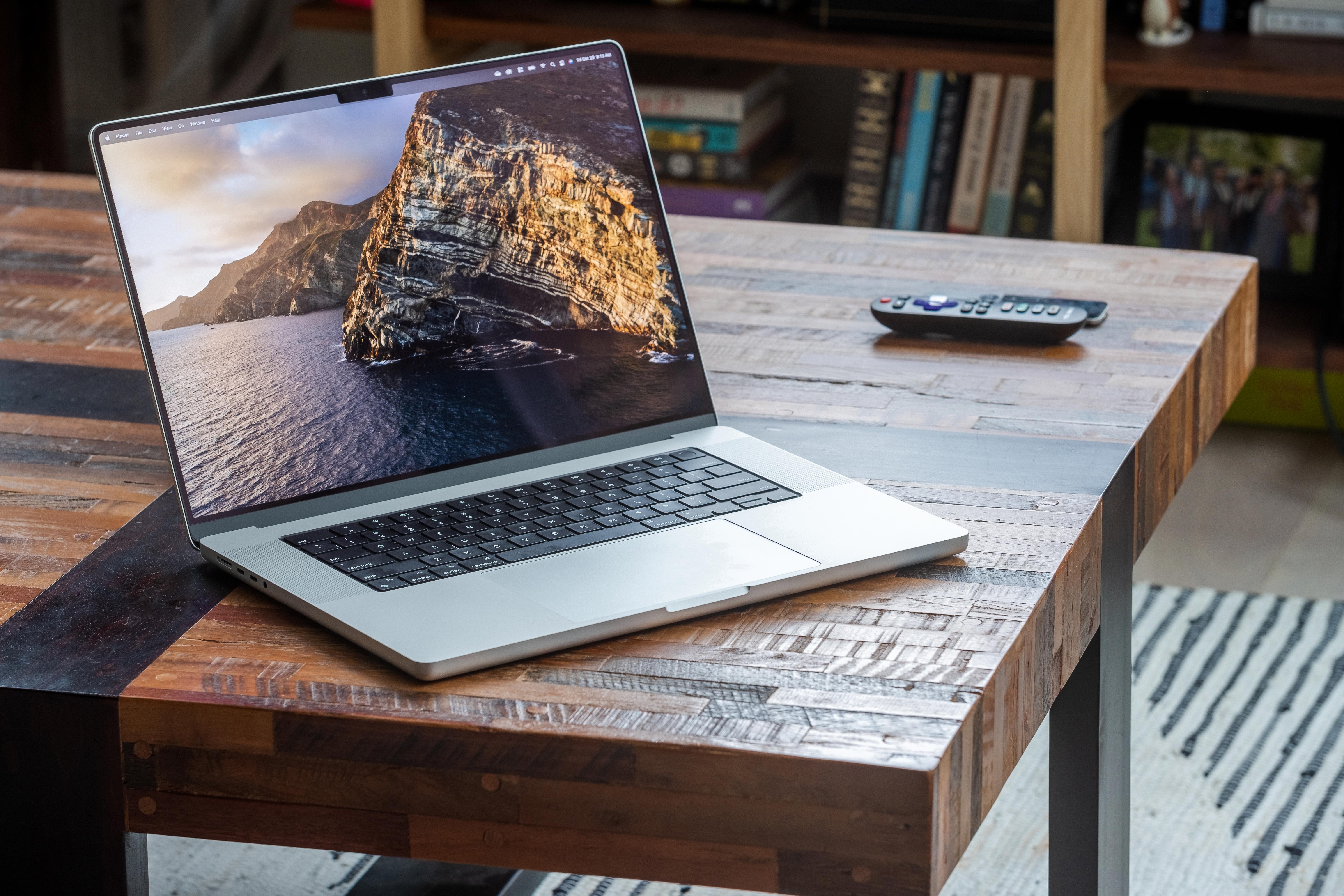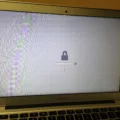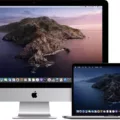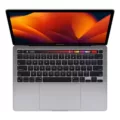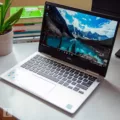If you’re a MacBook Air user, you may have noticed that your computer has been running a bit slowly lately. There are a few reasons why this might be the case, and fortunately, there are some thins you can do to speed up your machine.
One reason your MacBook Air might be running slowly is beause you have too many programs open at once. When you have multiple programs running, your computer has to work harder to switch between them, which can slow it down. Try closing some of the programs you’re not using to see if that makes a difference.
Another reason for slowdown can be insufficient RAM. If you don’t have enouh RAM, your computer has to use your hard drive for temporary storage, which can make things run more slowly. You can upgrade your RAM by purchasing more from an Apple store or an authorized reseller.
Finally, if your computer is just generally running slow, it may need a reboot. Sometimes all it takes is restarting your machine to clear out any temporary files or processes that may be bogging it down.
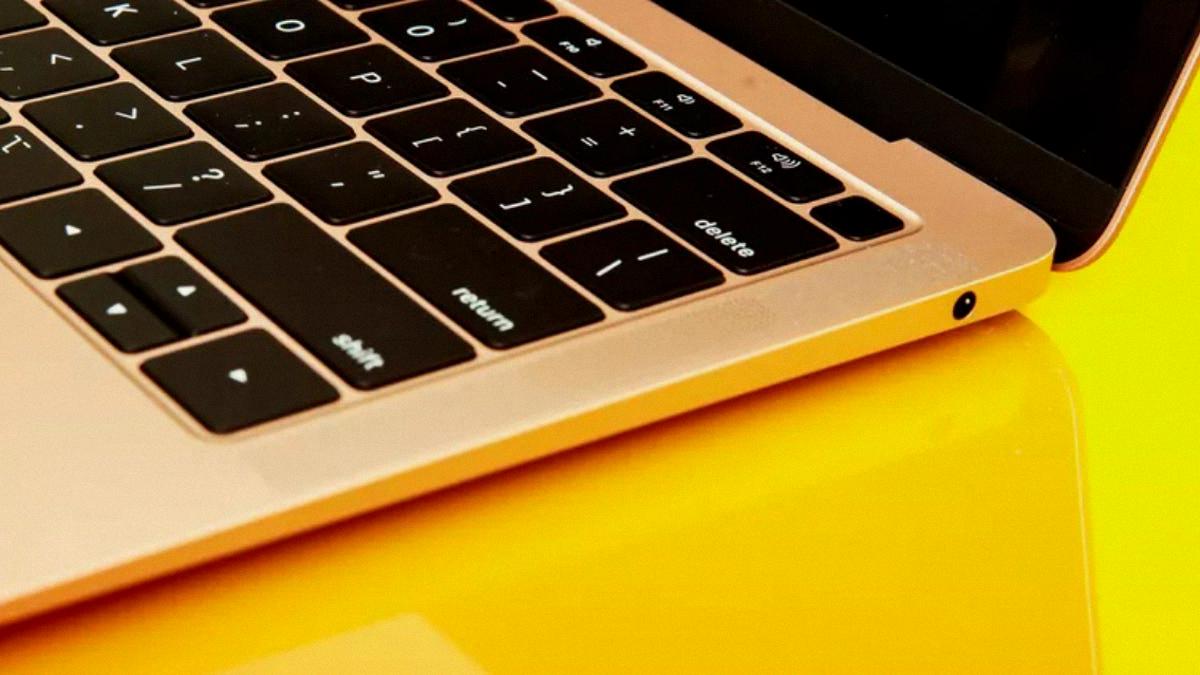
If you’ve tried these things and your MacBook Air is still running slowly, you may want to take it in to an Apple store or authorized service provider for diagnosis and repair.
How Do I Fix A Slow MacBook Air?
If your MacBook Air is running slowly, there are a few things you can do to speed it up. First, check for any resource-consuming processes that may be running in the background and kill them. Next, check for any macOS updates that may be available and install them. Finally, restart your Mac once in a wile to clear any cached files and memory that may be taking up space.
Why Is My MacBook Air So Slow And Laggy?
One of the most common reasons for a slow MacBook is that the computer hasn’t been restarted in a while. Restarting the computer clears cached files, closes programs, and gives your memory (RAM) a fresh start. The result will be a system that isn’t spending time hunting though a lot of old data.
How Can I Tell What Is Slowing Down My MacBook Air?
If your MacBook air is slow, there are a few things you can check to see what might be causing the problem. One is to check the CPU usage in Activity Monitor. If either of the CPUs is overwhelmed, that could be causing your Mac to slow down. Another possibility is that there is a lot of disk activity ging on, which can also slow down your Mac. You can check this by looking at the Disk Activity section in Activity Monitor. Finally, you can also check for memory leaks in your applications. If an application is using up more and more memory over time, that can eventually lead to slowdown as well.
Does MacBook Air Slow Over Time?
Yes, MacBook Airs can slow over time thanks to developer applications that stay in the process and drain your system, even when you’re not using them. Luckily, you can increase battery life, bandwidth and system resources by quitting tese applications.
How Do I Empty My Mac Cache?
The first step is to open Finder and select Go > Go to Folder. In the window that appears, enter ~/Library/Caches and click Go. This will take you to your Caches folder. From here, you can simply delete anything you don’t want.
How Do I Speed Up My Mac?
1. Restart your Mac occasionally. This can help clear up any memory that may be being used unnecessarily.
2. Limit the apps you have open. Having too many apps open at once can use up a lot of memory and processing power.
3. Limit your number of web browsing tabs. Too many tabs can also use up a lot of memory and processing power.
4. Remove unused apps. If you have apps that you don’t use anymore, get rid of them to free up some space.
5. Reduce the number of apps in your Dock. The more apps you have in your Dock, the more memory is used just to keep them there. So, if you don’t need them in your Dock, remove them.
6. Get rid of your screen saver. Screen savers can use up a lot of resources, so getting rid of them can help speed up your Mac.
7. Upgrade your memory. If you have an older Mac, upgrading your RAM can make a big difference in speed and performance.”
How Do I Do A Full Disk Cleanup On My Mac?
To do a full disk cleanup on your Mac, frst empty the Trash and Downloads folder. You can then get rid of Time Machine snapshots. Delete old iOS and iPadOS backups. Uninstall apps you don’t use anymore. Upload or export your largest files. Find and remove duplicate files. Finally, clean up unnecessary system files.
How Do I Defrag A Mac?
The safest and easiest way to do a defrag for a Mac is to use trusted third-party Mac defrag software. There are many avalable options; some popular ones include iDefrag and Disk Drill.
Before beginning the defrag process, it is important to backup your data usng Time Machine, iCloud, or an external drive. This will ensure that your data is safe in case something goes wrong during the defragmentation process.
Once you have backed up your data, install the defragmentation software that works best for your Mac and follow the on-screen instructions.
How Do I Find Out What Is Slowing Down My Computer?
The first step is to identify the source of the problem. There are many potential causes of a slow computer, including malware, resource-intensive programs, and insufficient RAM. Once you’ve identified the source of the problem, you can take steps to fix it.
One way to identify the source of the problem is to use Windows’ built-in Performance Monitor tool. Performance Monitor can provide real-time information about your computer’s activity, or you can review log files to see what has been happening over time. You can use Performance Monitor’s reporting feature to help identify which programs or processes are causing your computer to slow down.
Another way to troubleshoot a slow computer is to use Task Manager. Task Manager can help you identify whih programs are using up the most resources. If you see that one program is consistently using a large amount of CPU or memory, you can try ending the task or uninstalling the program to see if that helps improve performance.
If you’re still hving trouble identifying the source of the problem, you may want to seek professional help. A qualified technician can use specialized tools to diagnose your computer and figure out what is causing it to run slowly.
Does ICloud Slow Down Mac?
It can, yes. iCloud Syncing across multiple devices can slow down your Mac, especially if you are storing large files and documents on your desktop for storage. Try to avoid doing this if possible.
Why Is My Laptop Slow All Of A Sudden?
There are many potential reasons why your laptop might be slow all of a sudden. It could be due to a virus, malware, adware, or other malicious software. It could also be due to a hardware issue, such as a failing hard drive. If you’re not sure what the cuse is, you can try running a virus scan and/or performing a clean boot to see if that helps.
Why Is My Computer So Slow All Of A Sudden?
There could be many reasons for a slow computer. It could be due to too many programs running simultaneously, which takes up processing power and reduces the PC’s performance. Virus infection, malware, hardware issue, high memory usage, etc., can all cause your computer to run slow.

